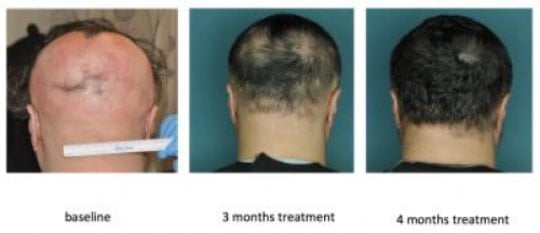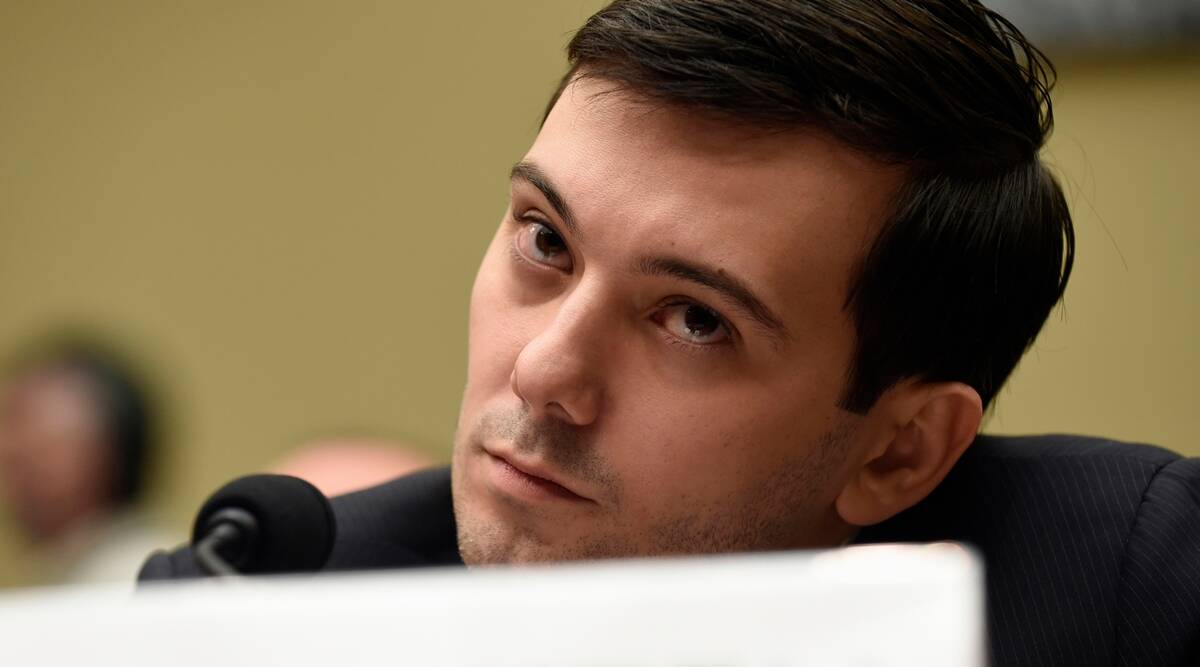
NEW DELHI: The Union government on Monday formed a committee housed in its think tank NITI Aayog to recommend medicines for price control, diluting the central role of the National Pharmaceuticals Pricing Authority (NPPA) in setting drug prices.
Currently, NPPA functions as an autonomous body regulating prices of medicines and health products such as stents under the National List of Essential Medicines (NLEM), besides monitoring prices of those that are not on the list. The new order also ends the existing mechanism in which drugs declared essential would automatically come under price control. From now, the NITI Aayog committee will decide which drugs should be under price control.
A 21 January order from the ministry of chemicals and fertilizers announced the formation of a standing committee on affordable medicines and health products (SCAMHP) led by member (health), NITI Aayog, and including the chief economic adviser in the ministry of finance; secretary of the department of health research; NLEM vice chairman; joint secretary of the department of industrial policy and promotion (DIPP); director general of health services and a subject expert on biomedical devices/pharmaceuticals.
“The committee should be housed in the NITI Aayog and will be serviced by it,” said the order.
According to the order, SCAMHP will be a recommending body to NPPA regarding prices of drugs and health products. At present, the health ministry prepares the list of drugs eligible for price regulation. The department of pharmaceuticals (DoP) then incorporates NLEM into Schedule 1 of the Drugs (Prices Control) Order (DPCO). Following this, NPPA fixes the prices of drugs in this schedule.
Medicines and devices listed under NLEM must be sold at the price fixed by NPPA, while those on the non-scheduled list are allowed a maximum annual price hike of 10%. More than 750 formulations are currently on India’s list of essential medicines.
The order follows an April 2018 presentation that NITI Aayogmade to the Prime Minister’s Office, suggesting that two committees be formed— one for shortlisting essential medicines and another for bringing medicines under price control. Consequently, the committee on essential medicines was formed in July last year under Balram Bhargava, secretary in the department of health research, and director general of Indian Council of Medical Research . According to the order, the committee may take a matter related to pricing for examination, suo motu or on the recommendations of DoP, NPPA and the department of health and family welfare.
Malini Aisola, an activist with the All India Drug Action Network said the move undermines the role of the pricing regulator. “We view this as a negative development that gives sweeping powers to a committee headed by the NITI Aayog”.
“The committee has also been empowered to take up any matter in pricing. Judging from amendments under discussion in the PMO for the last several months, the unbridled powers of this set-up will have damaging repercussions for the public and access to medicines,” said Aisola.
The members of the committee, who are from varied sectors, will give a holistic perspective to address price-related issues,” a senior government official aware of the matter said.
NPPA also exercises so-called Para 19 powers in public interest. In 2013, the government had delegated these powers to NPPA, which it can exercise for setting the price cap of scheduled and non-scheduled drugs. These are the same powers NPPA used in 2017 to cap prices of cardiac drugs, stents and knee implants.
However, the new committee may encompass those powers too, as, according to the NITI Aayog’s presentation, “The mandate of this Committee should also encompass powers under Para 19 of DPCO.”
Mint has reviewed a copy of the presentation.
According to an industry expert, who spoke on condition of anonymity, this will weaken the functions of NPPA as an enforcement body.
“NPPA was taking strict action against those companies found to be overcharging by sending demand notices. With this, the ability to enforce and recovery of overcharging will be curtailed,” added the expert.
[“source=livemint”]

















